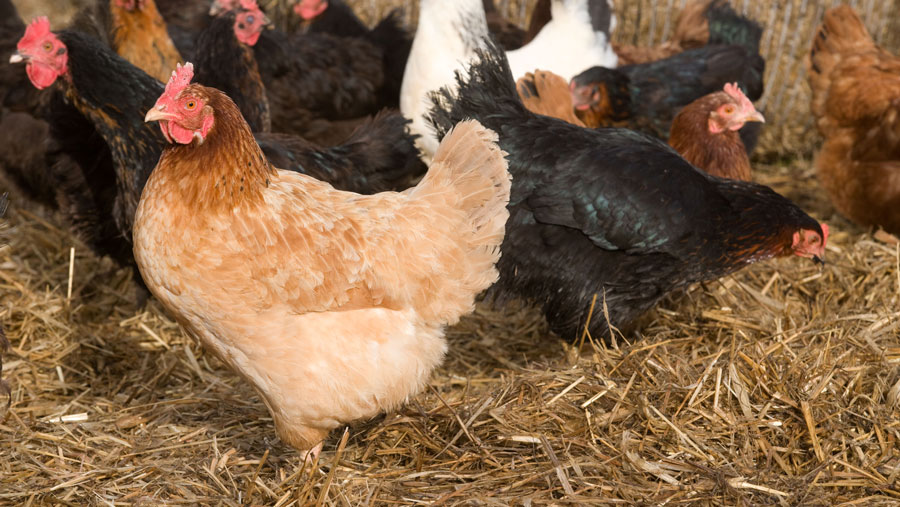Avian flu prevention zone declared for South West England
 © Tim Scrivener
© Tim Scrivener Defra has introduced an avian influenza prevention zone (AIPZ) across part of South West England following a number of outbreaks of the disease in poultry flocks and wild and captive birds.
From today (31 August) it will be a legal requirement for all bird keepers in Devon, Cornwall, including the Isles of Scilly, and parts of Somerset to follow strict biosecurity measures to both prevent disease getting into flocks and it spreading any further. In Somerset, the zone covers the Somerset West and Taunton district areas.
“Whether you keep just a few birds or thousands, you are now legally required to introduce higher biosecurity standards on your farm or smallholding. It is in your interests to do so to protect your birds from this highly infectious disease,” said Richard Irvine, the UK’s deputy chief vet.
See also: Why bird flu threat is rising and what can be done about it
The introduction of an AIPZ follows the recent increase in cases of bird flu in poultry and other captive birds in the area, and increased reports of mass mortality in wild birds.
Backyard owners with small numbers of poultry including chickens, ducks and geese must take steps to limit the risk of the disease spreading to their animals, Mr Irvine said.
Keepers with more than 500 birds will need to restrict access for non-essential people on their sites, he added. Workers will need to change clothing and footwear before entering bird enclosures and site vehicles will need to be cleaned and disinfected regularly to limit the risk of the disease spreading.
Defra said the prevention zone will remain in place until further notice and will be kept under regular review. For further guidance, visit Gov.UK.
Poultry keepers and members of the public should report dead wild birds to Defra’s national dead wild bird helpline on 03459 33 55 77 (select option 7) and keepers should report suspicion of disease in their birds to the Animal and Plant Health Agency on 03000 200 301.
New guidance on mitigating the impact of avian flu in wild birds
Defra and the Welsh government have set out practical guidance to support land managers, the public and ornithological and environmental organisations in their response to the growing threat of avian influenza to wild birds.
The Mitigation Strategy for Avian Influenza in Wild Birds in England and Wales (PDF) sets out how these groups, together with the government and its delivery partners, can mitigate the impact of avian influenza on wild bird populations while protecting public health, the wider environment and the rural economy.
This year’s avian influenza outbreak has been the largest and longest so far on record in the UK and in many parts of Europe, with infections continuing beyond the normal winter period and now hitting wild birds and breeding colonies of seabirds that are not typically affected.
